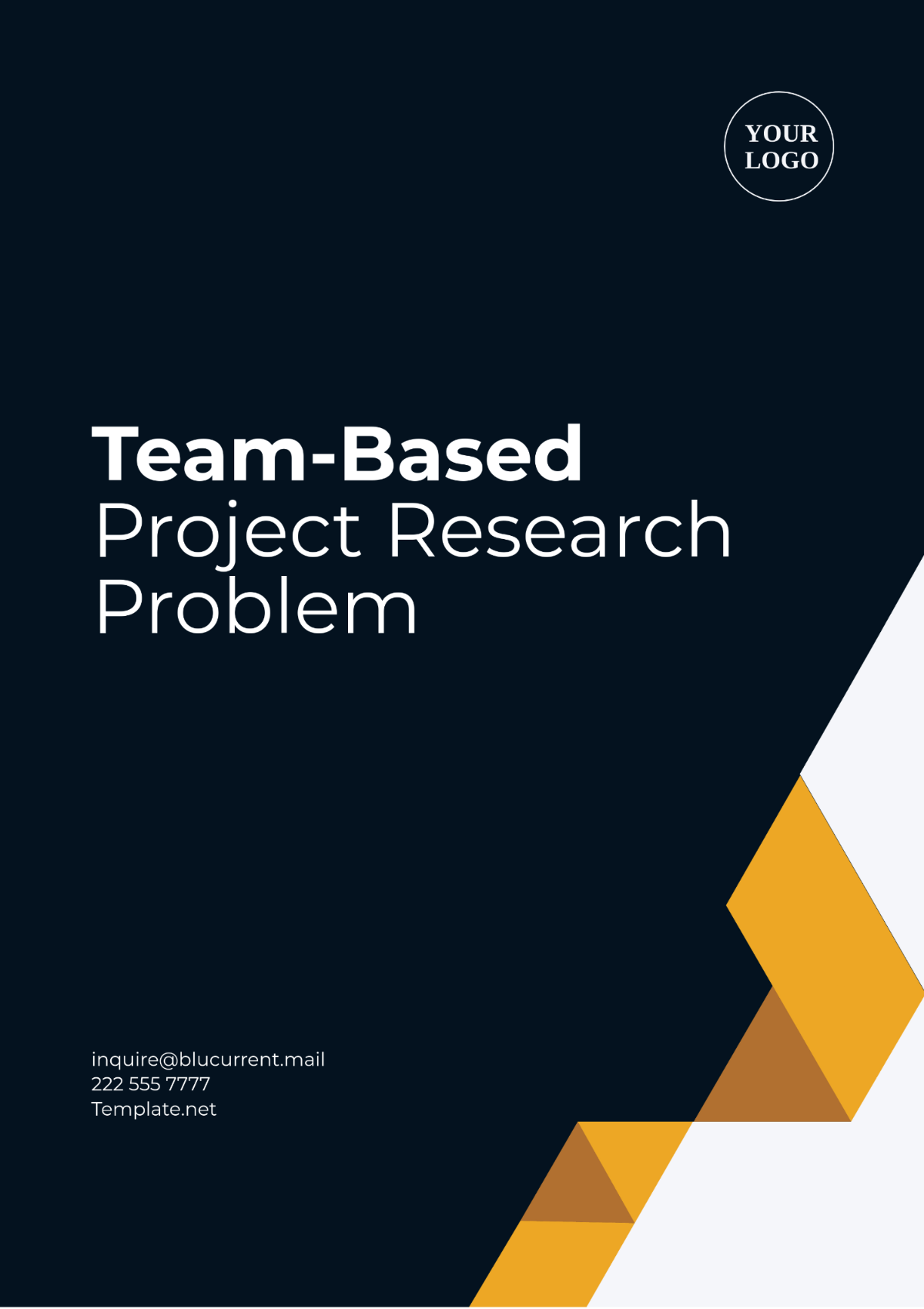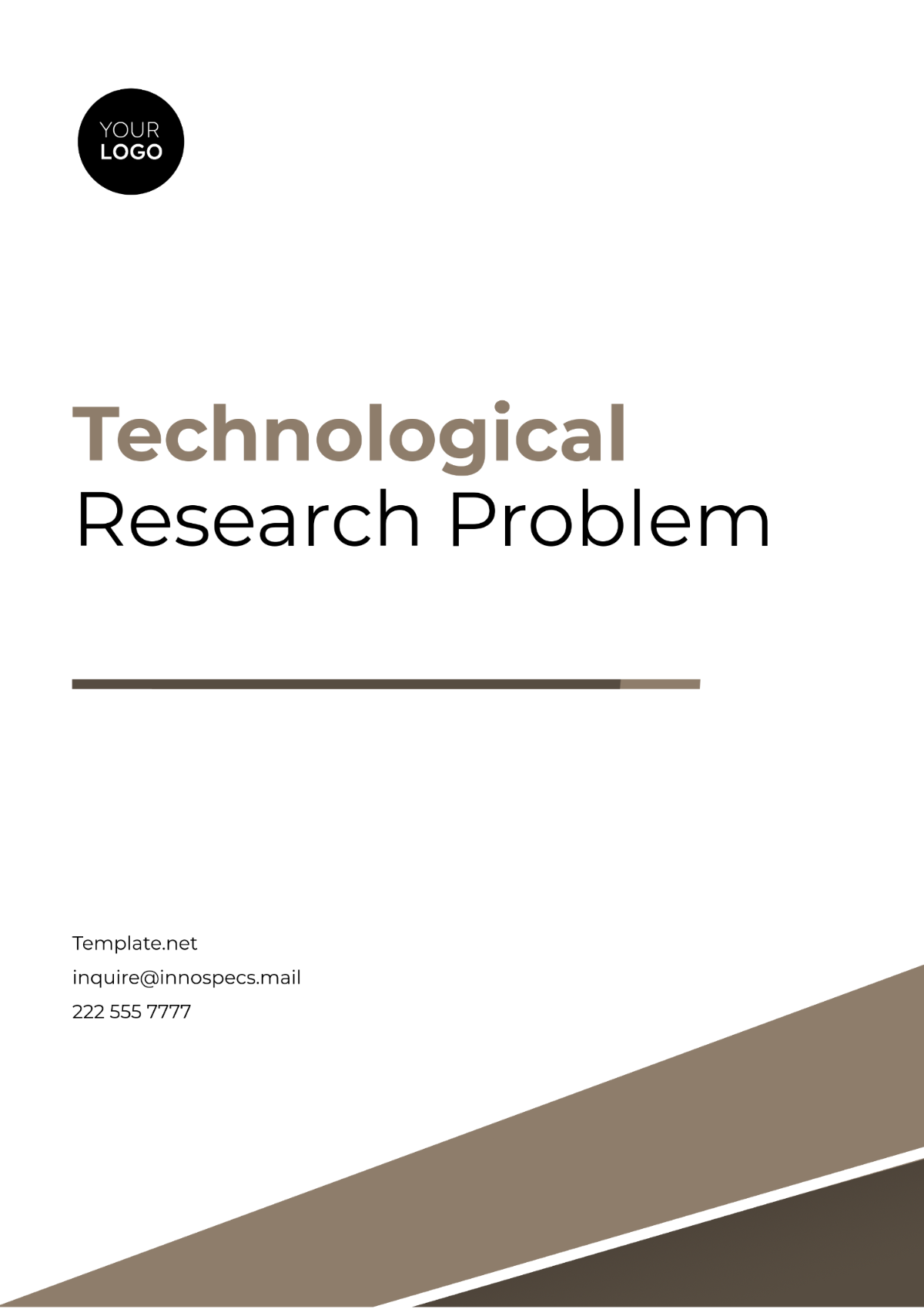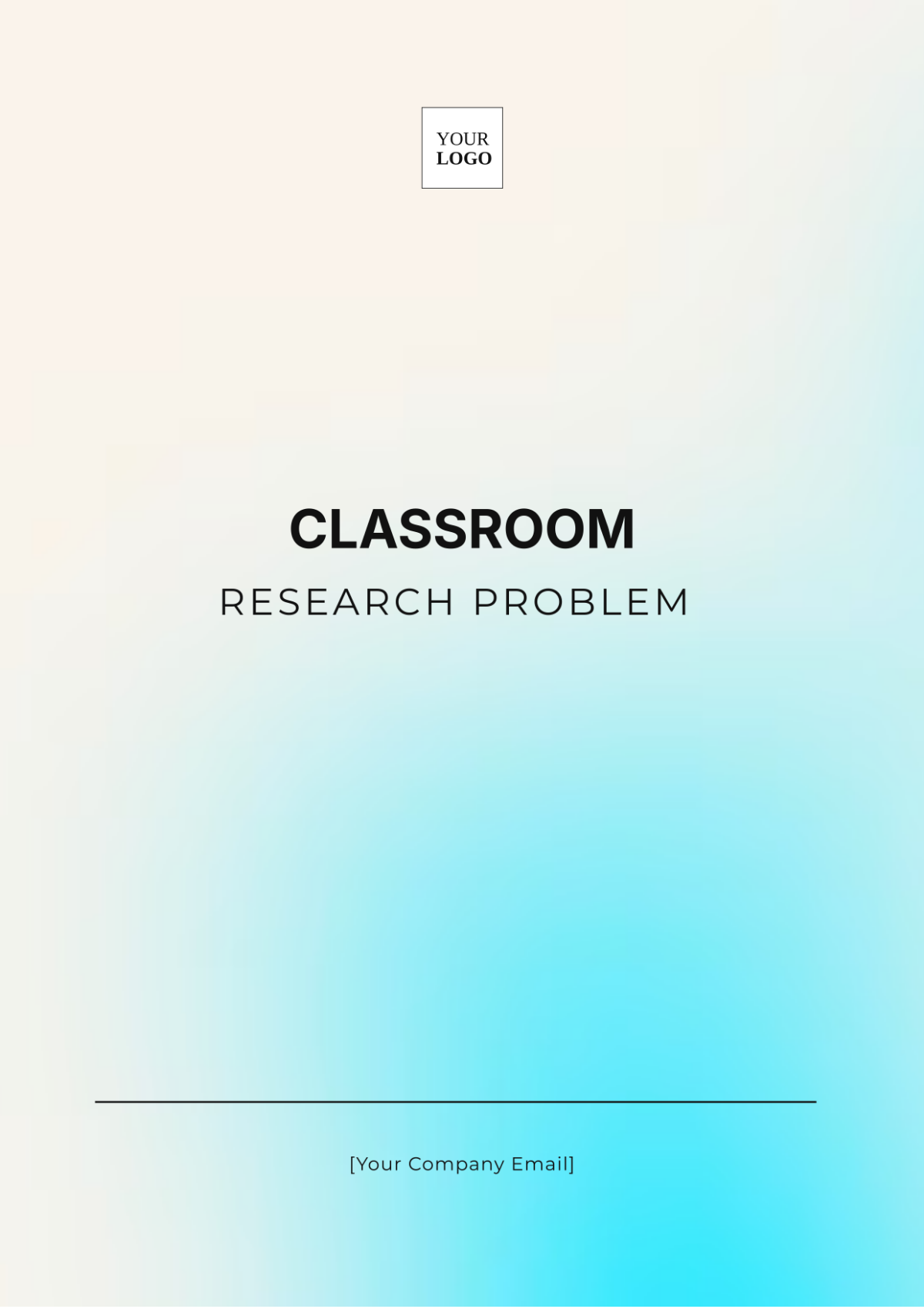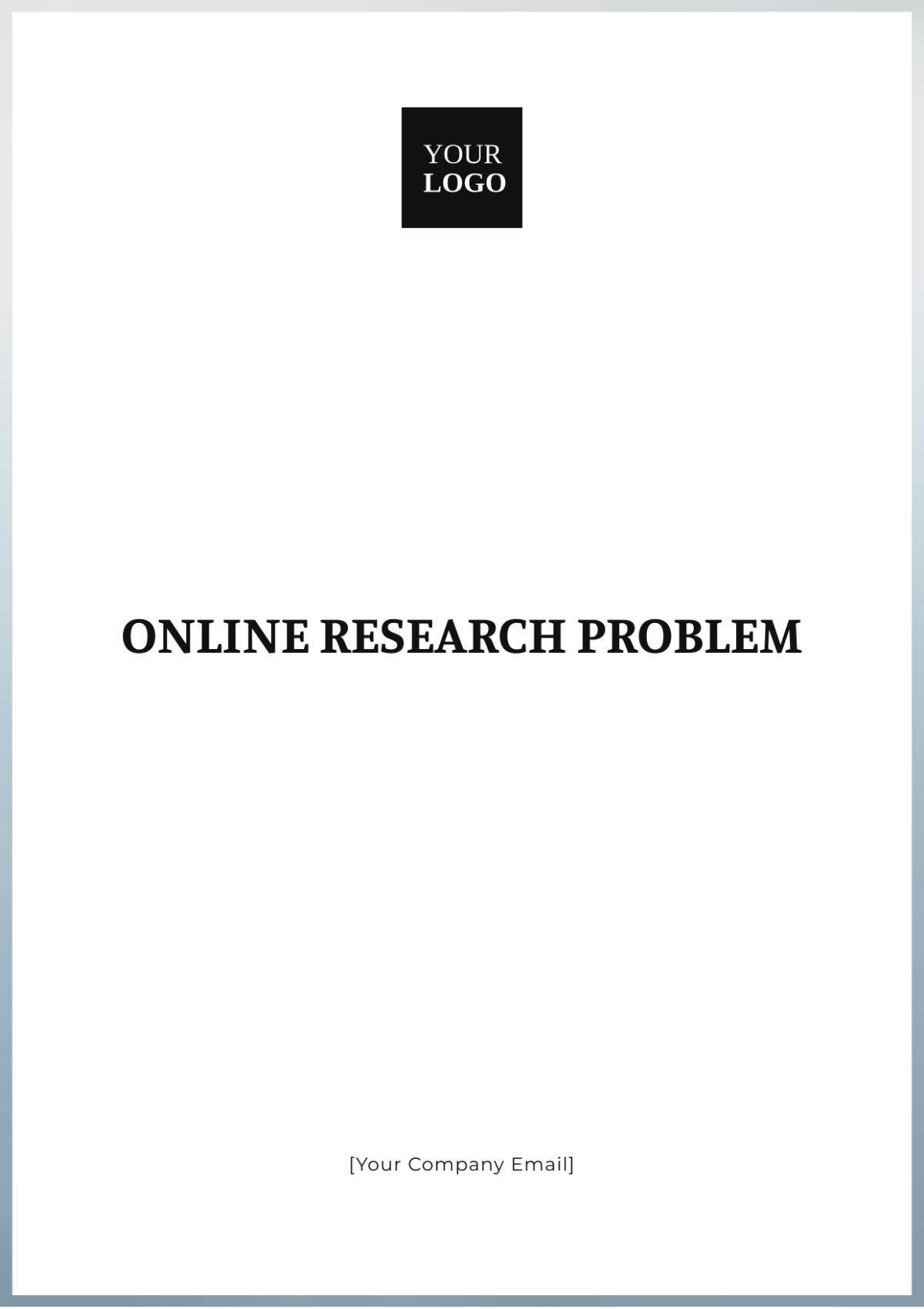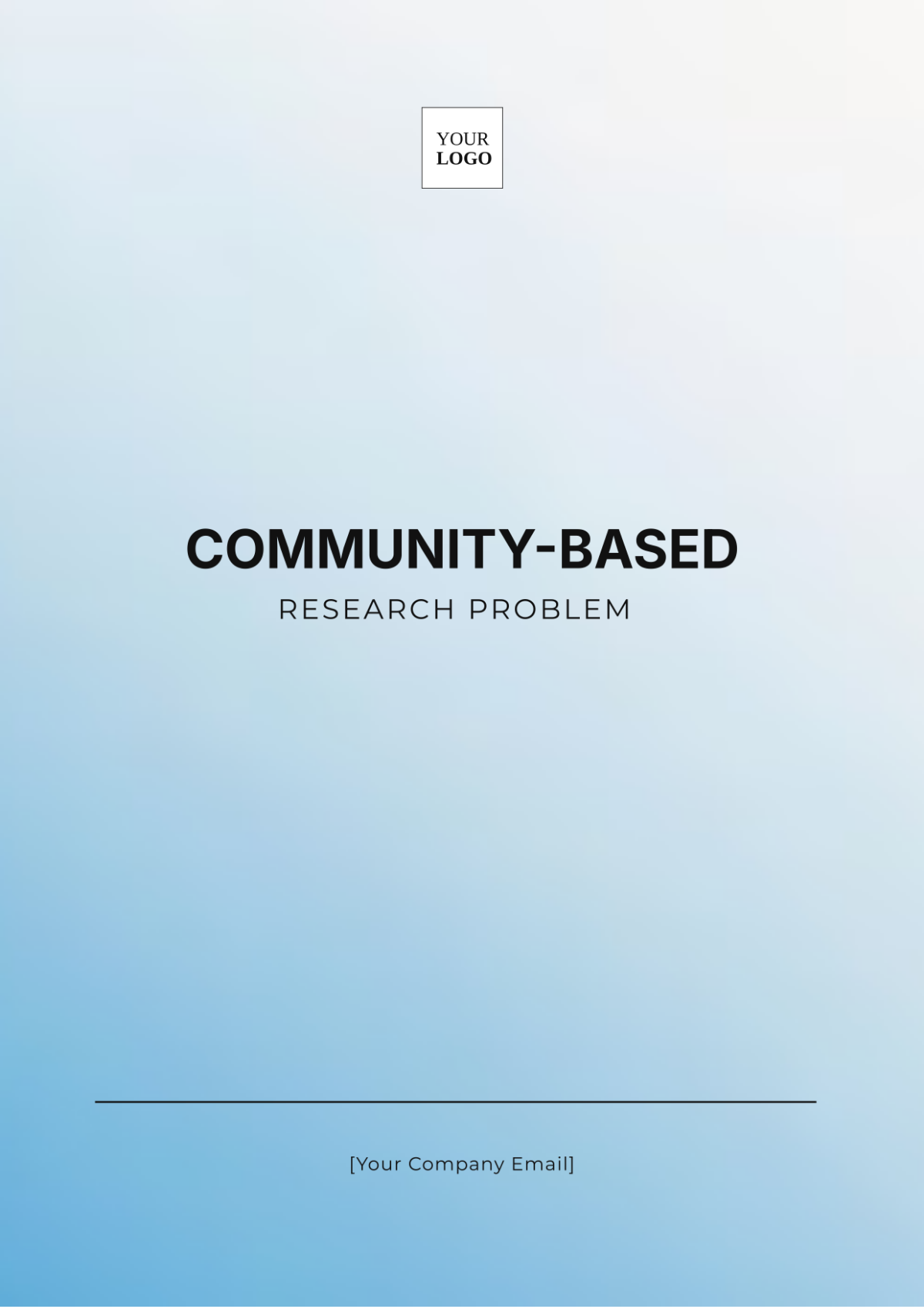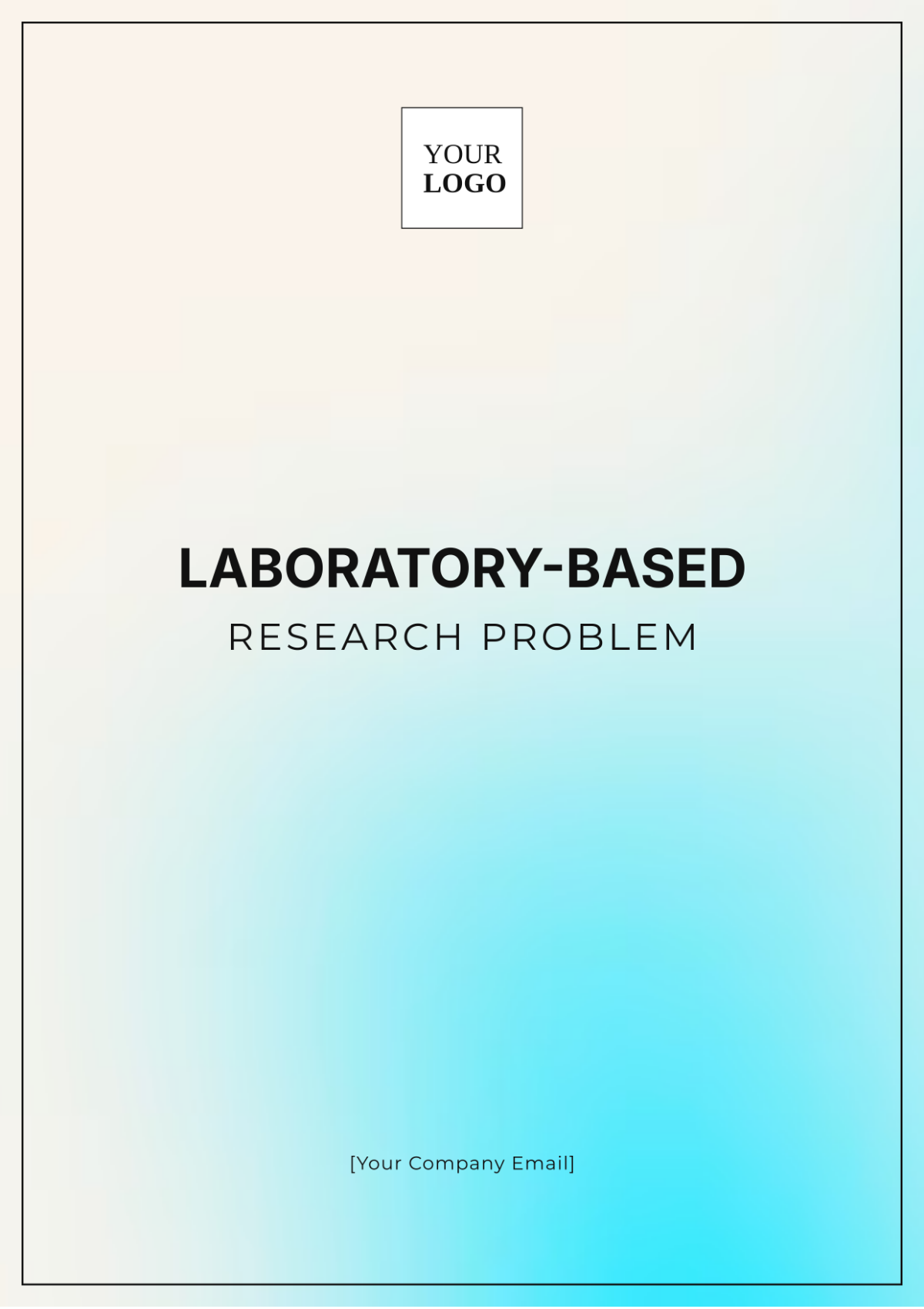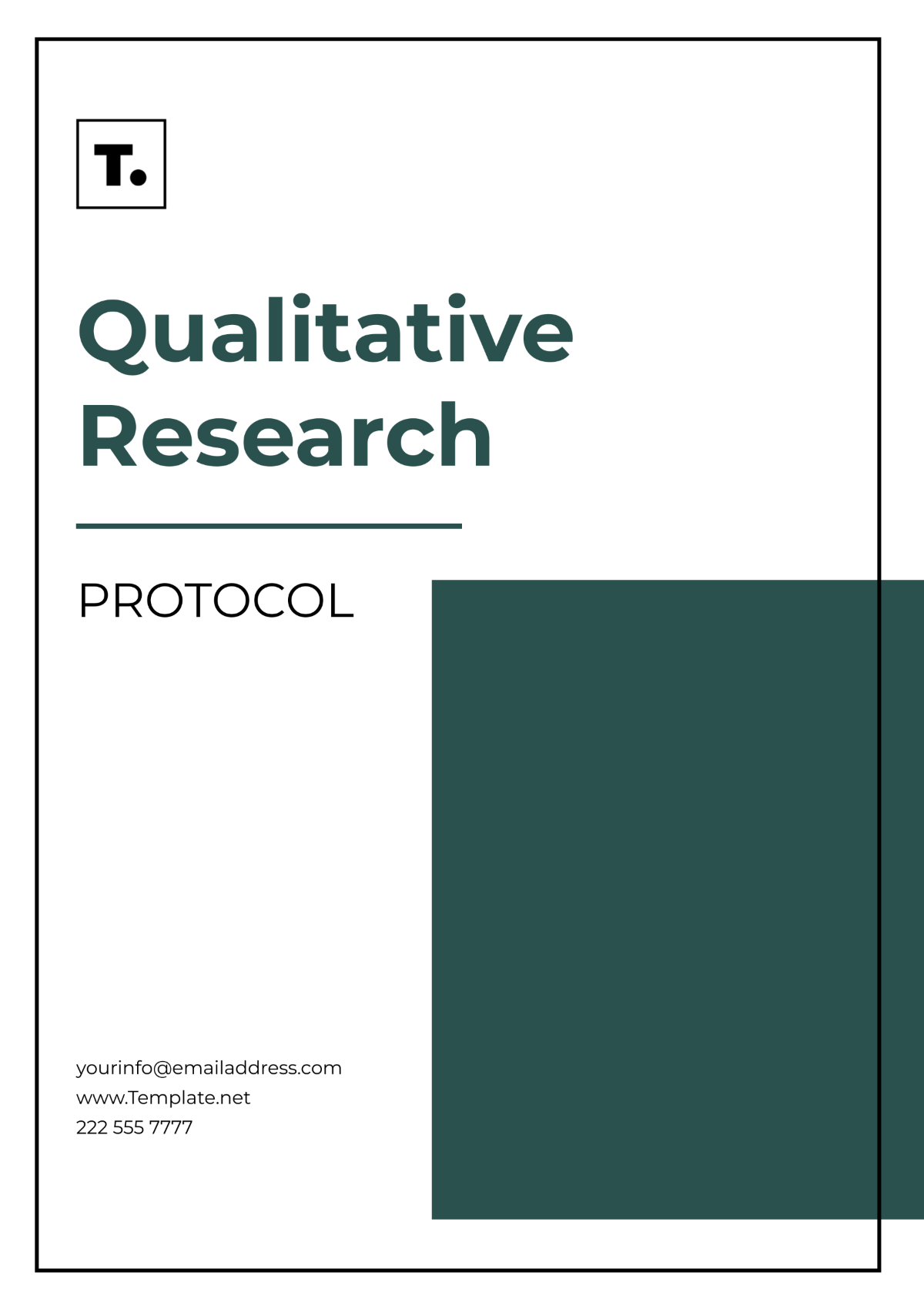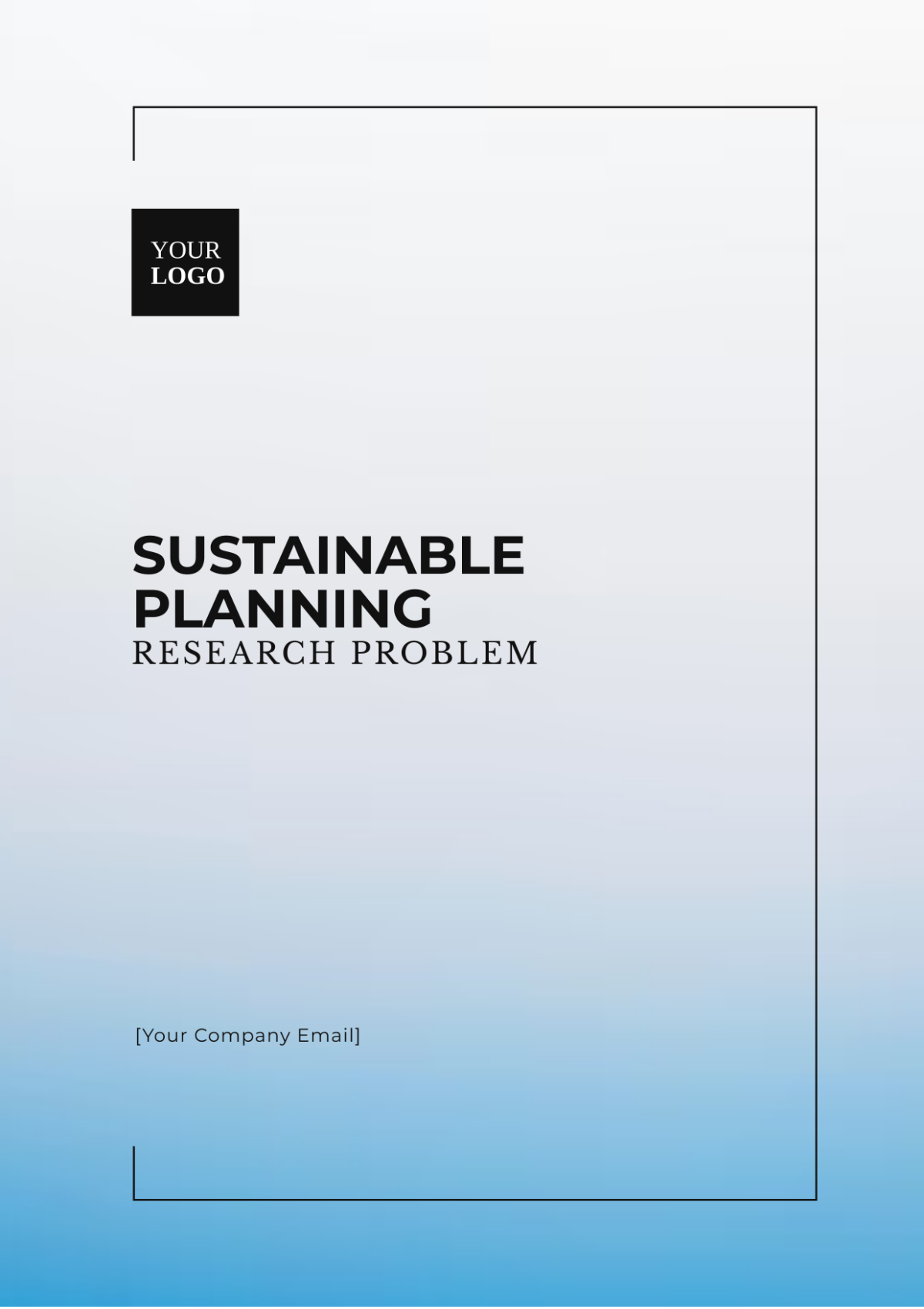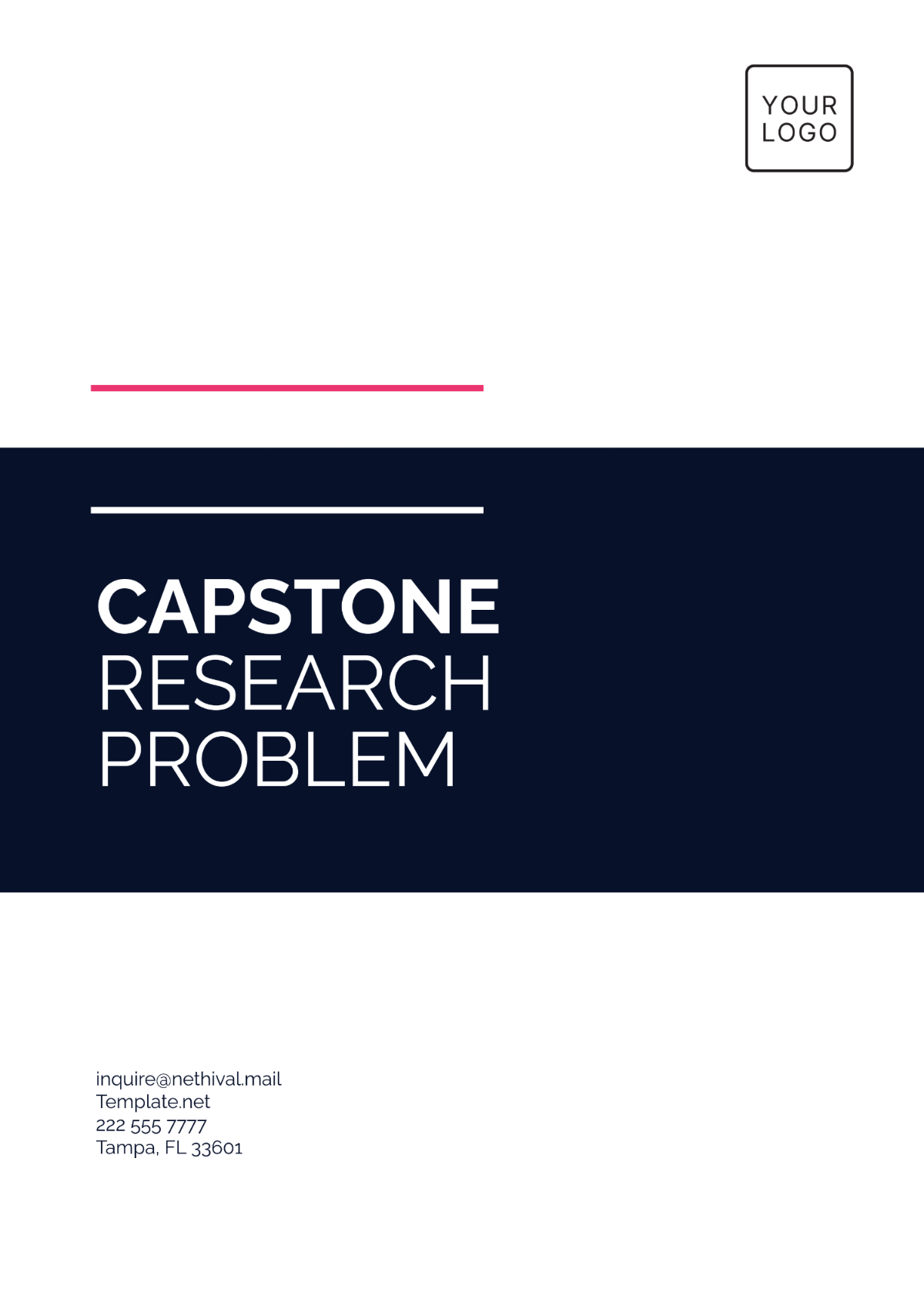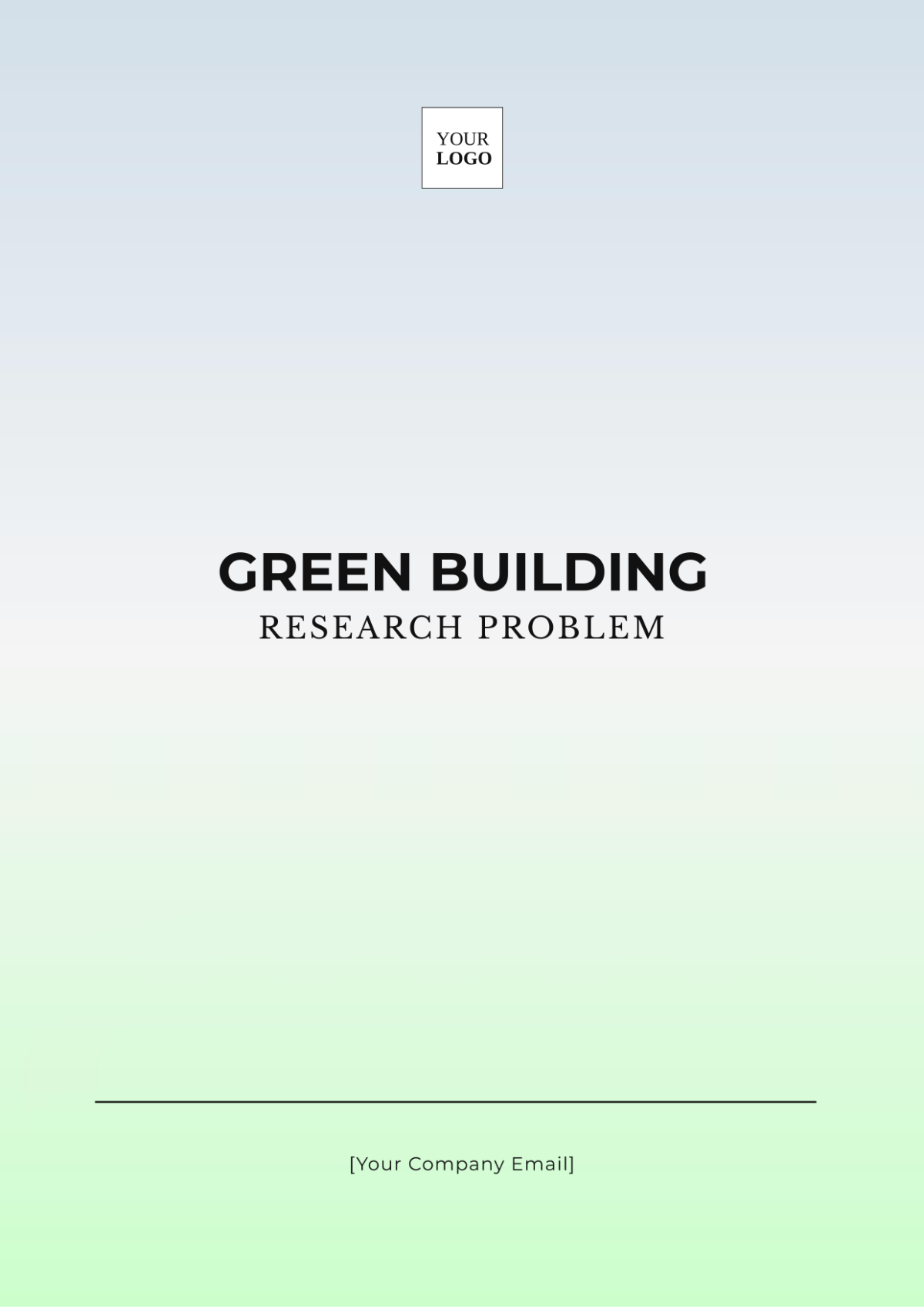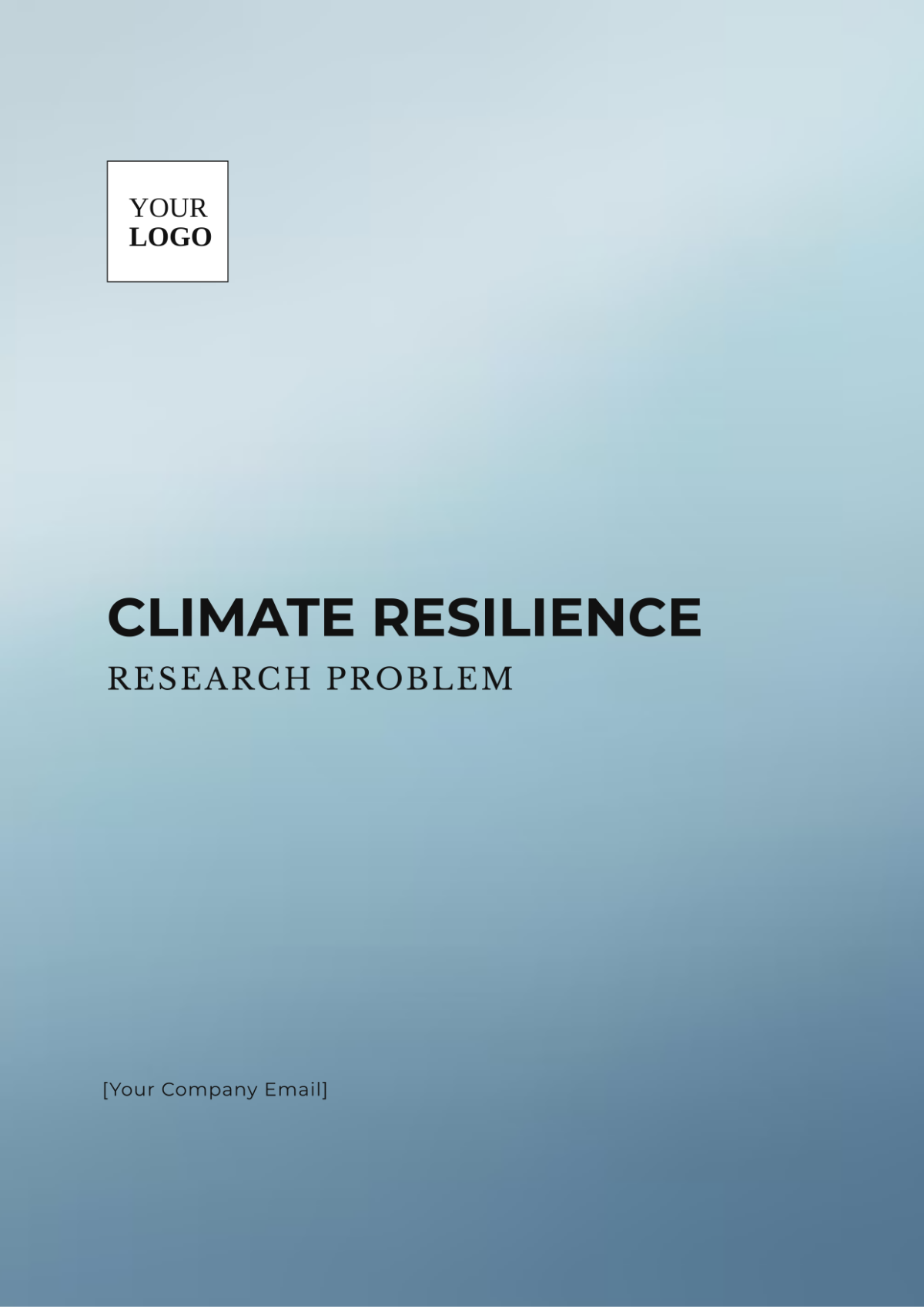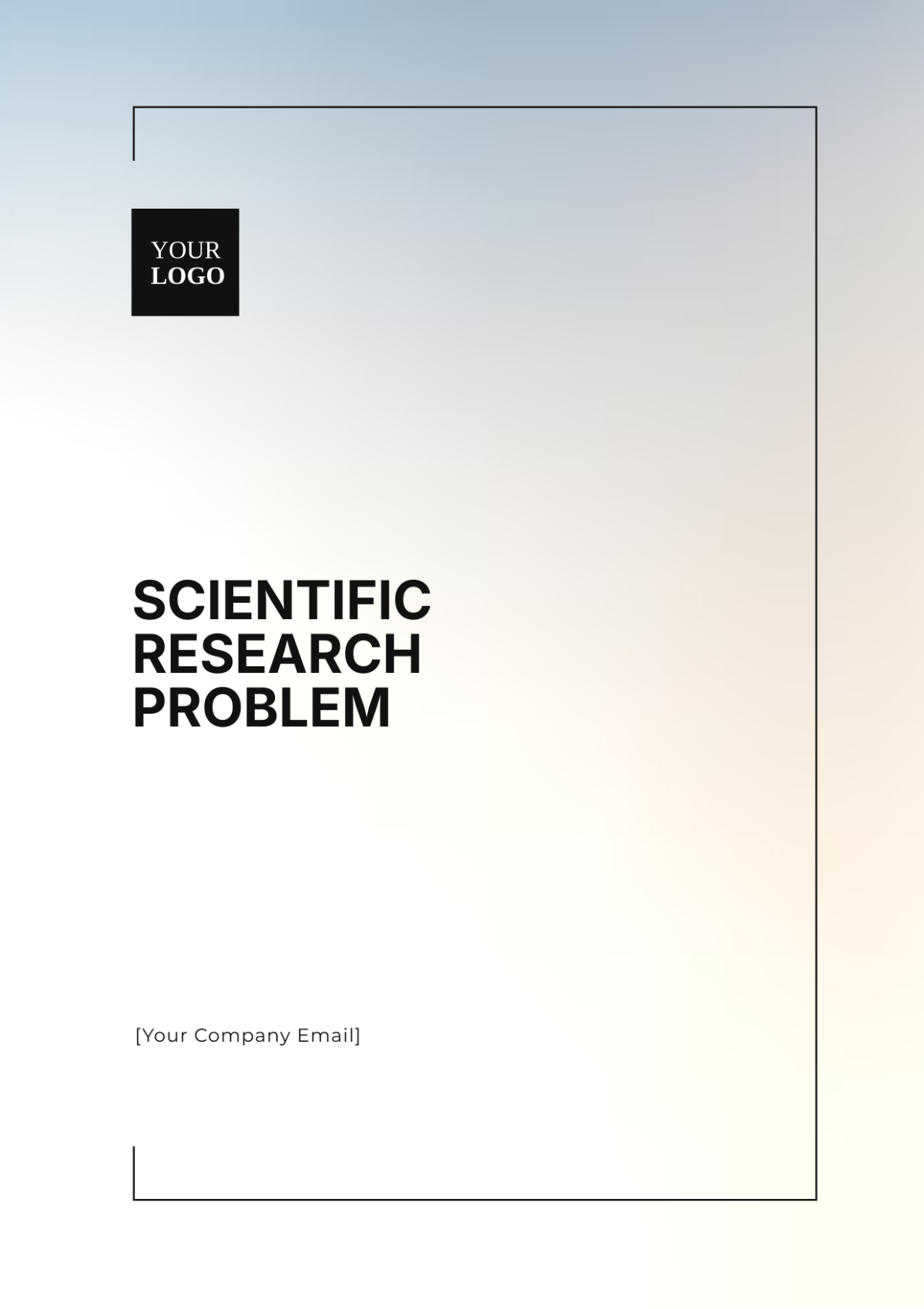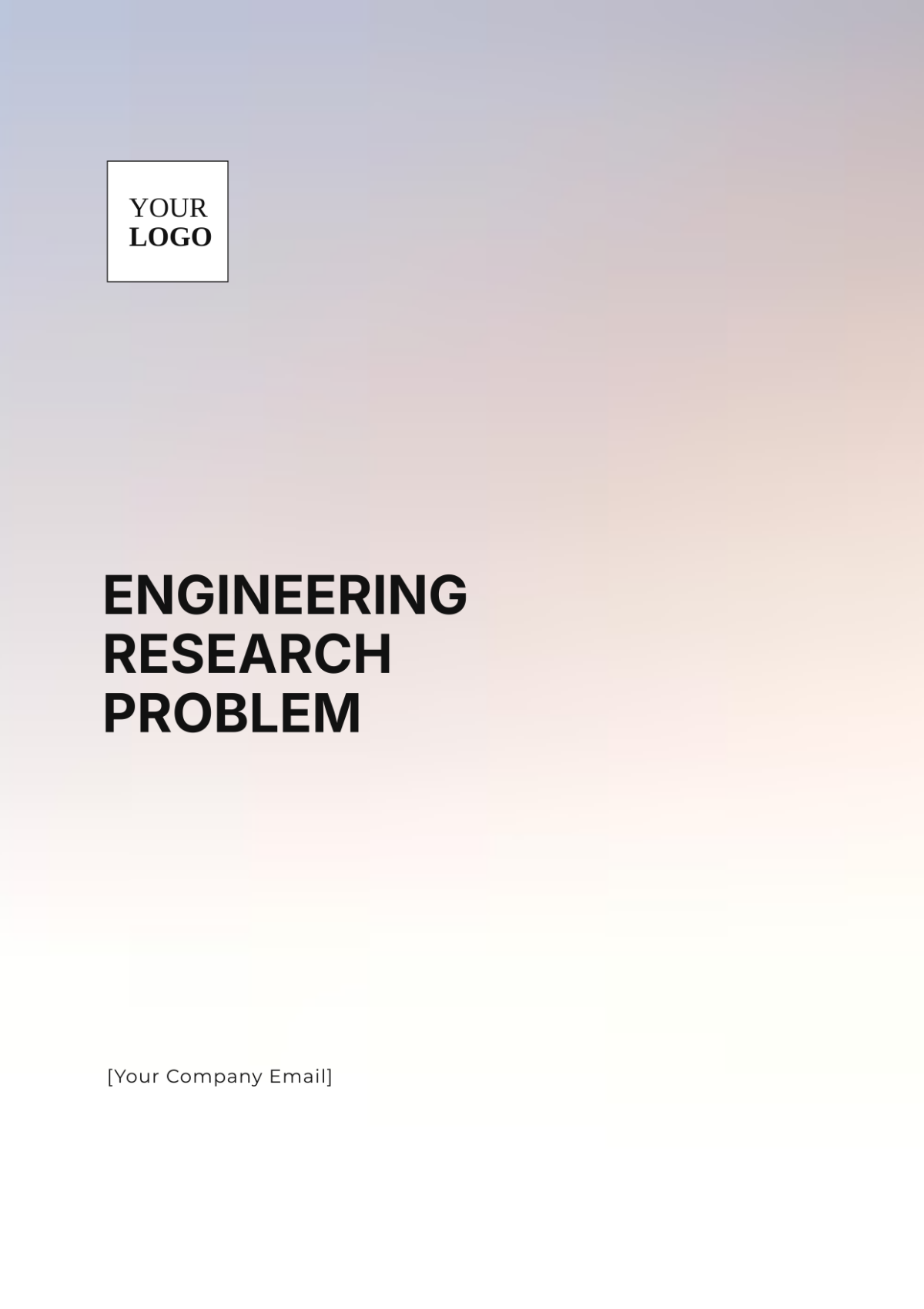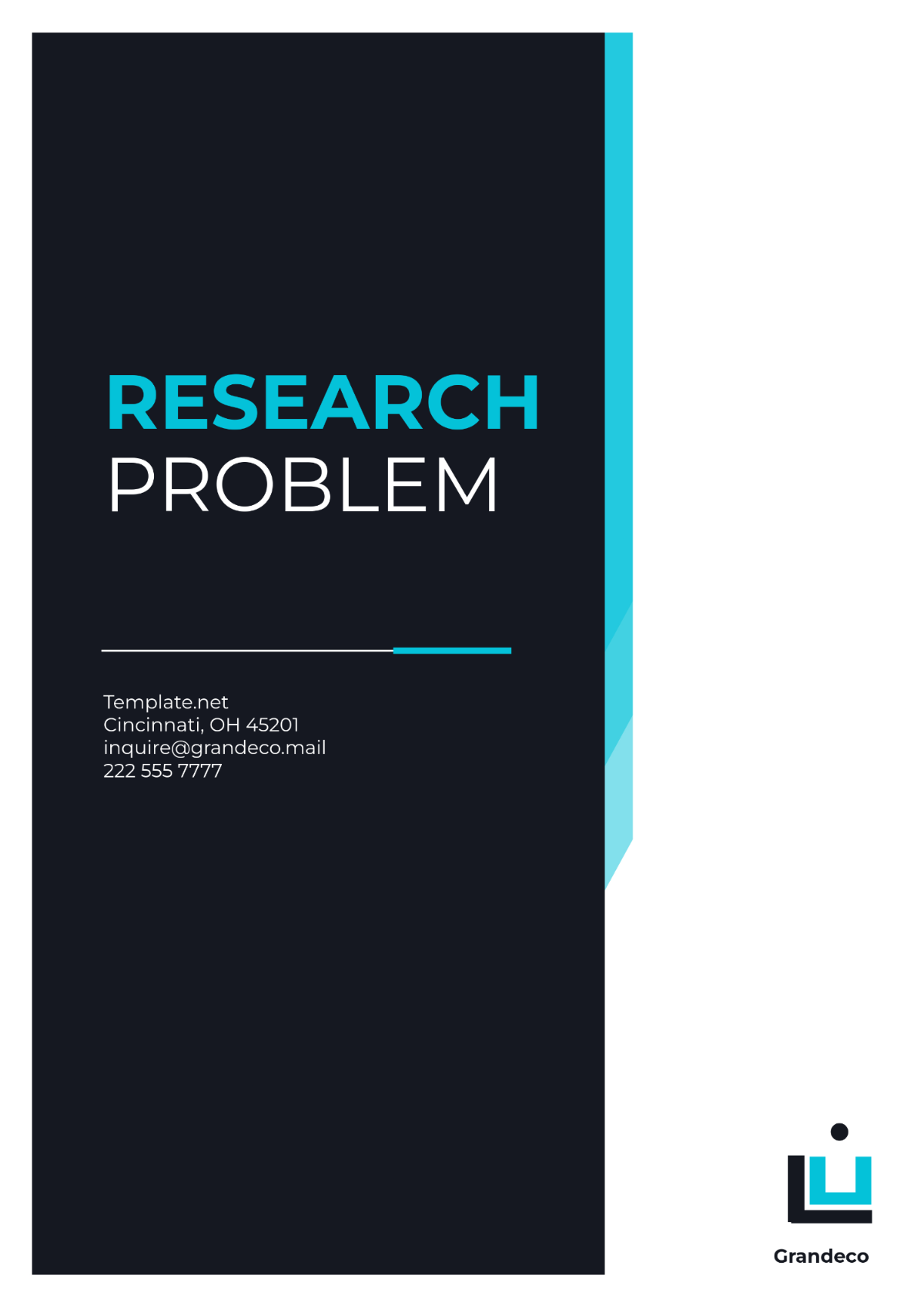Academic Primary Research
Introduction
This academic primary research conducted by [YOUR NAME] from [YOUR COMPANY NAME] is dedicated to advancing knowledge in the field of behavioral psychology. The study explores the impact of virtual reality on cognitive behavior therapy outcomes with the goal of uncovering new insights that can contribute to the existing body of knowledge. By applying rigorous research methods, the aim is to support further academic inquiry and offer practical applications for the findings.
Research Overview
Title: The Effect of Virtual Reality on Cognitive Behavior Therapy Outcomes
Researcher: [YOUR NAME]
Email: [YOUR EMAIL]
Date of Research: July 25, 2050
Abstract
The primary objective of this research is to investigate the effects of virtual reality (VR) on cognitive behavior therapy (CBT) outcomes, focusing on patient engagement and treatment efficacy. This study utilizes a combination of controlled laboratory experiments and field surveys to gather and analyze data. The findings aim to provide a deeper understanding of VR’s role in enhancing CBT and contribute valuable insights to the field of behavioral psychology.
Methodology
The research methodology employed in this study includes:
Data Collection Methods: The study utilizes controlled VR experiments and online surveys to gather data from participants. Participants will undergo VR-based CBT sessions and complete pre- and post-session assessments to evaluate changes in symptoms and engagement levels.
Sample Size and Selection: The sample for this research consists of 100 participants selected based on criteria such as prior CBT experience, demographic diversity, and willingness to engage with VR technology. This ensures a representative and relevant dataset for the study.
Data Analysis: The collected data will be analyzed using statistical techniques and thematic analysis. Statistical methods will assess changes in symptom severity, while thematic analysis will interpret qualitative feedback from participants regarding their VR experience.
Results
Key Findings
Improved Patient Engagement:
Quantitative Data: Patient engagement increased by 40% in VR-enhanced CBT sessions.
Qualitative Feedback: Participants reported higher motivation and interest during therapy.
Reduction in Symptoms:
Symptom Scores: VR-enhanced CBT led to a 50% reduction in anxiety and depression symptoms, compared to 30% in traditional CBT.
Self-Reported Improvements: Participants experienced a 45% improvement in mood and a 40% decrease in anxiety.
Increased Therapeutic Alliance:
Therapist Ratings: Therapists observed a 30% improvement in therapeutic alliance with VR.
Patient Satisfaction: Satisfaction with therapy increased by 60% among those using VR.
Enhanced Cognitive Processing:
Cognitive Assessments: Participants in VR-enhanced CBT showed a 25% improvement in cognitive tasks.
Behavioral Changes: Better cognitive restructuring and coping strategies were reported.
Interpretation
The study shows that VR significantly enhances patient engagement, reduces symptoms, and improves overall satisfaction with CBT. The results suggest VR is a promising tool for improving therapeutic outcomes and warrant further exploration.
Discussion
The findings from this research have significant implications for behavioral psychology:
Enhanced Therapy: Integrating VR into CBT has shown to boost patient engagement and treatment effectiveness, potentially leading to more dynamic and effective therapy sessions.
Technology Adoption: Positive results may encourage the adoption of VR in therapy practices, providing a more engaging and interactive therapeutic experience.
Increased Engagement: VR’s immersive nature can help maintain patient interest and adherence to therapy, improving overall outcomes.
Comparison with Previous Studies:
Consistency: Results align with earlier studies suggesting that VR enhances therapeutic experiences by increasing engagement and reducing anxiety.
New Insights: This study offers new perspectives on how VR can be used broadly in CBT, beyond managing specific symptoms, adding depth to previous research.
Limitations:
Sample Size: A larger, more diverse sample is needed to generalize findings across different patient populations.
Technological Variability: Variations in VR technology could affect results, suggesting the need for standardized equipment in future studies.
Participant Bias: The novelty of VR may have influenced participant feedback. Including control groups could address this bias.
Future Research:
Long-term Effects: Longitudinal studies could explore the sustainability of VR’s benefits over time.
Broader Applications: Investigate VR’s impact on other therapeutic methods and tailor VR scenarios to individual needs.
Practicality: Examine the cost-effectiveness and practical challenges of integrating VR into therapy settings.
Conclusion
This study highlights the significant potential of virtual reality (VR) to enhance cognitive behavior therapy (CBT) outcomes. The research demonstrates that VR can improve patient engagement and reduce symptoms of anxiety and depression more effectively than traditional CBT methods. The immersive experience provided by VR offers a novel approach to therapy, showing promise for transforming mental health treatments.
Contribution to the Field: By validating the benefits of VR in CBT, this research contributes valuable insights to behavioral psychology, suggesting that technology can play a crucial role in modern therapy practices.
Recommendations:
For Practitioners: Consider integrating VR into CBT practices to enhance patient engagement and therapy outcomes.
For Researchers: Explore the long-term effects of VR on various mental health conditions and optimize VR tools for broader use.
For Policy Makers: Support initiatives that promote the adoption of VR technology in mental health services.
Future research should focus on the long-term impacts of VR therapy, its applicability across different conditions, and its integration into diverse therapeutic approaches. This study lays the groundwork for further exploration and application of VR in mental health care.
This comprehensive academic primary research, conducted by [YOUR NAME] at [YOUR COMPANY NAME], aims to make a significant contribution to the field of behavioral psychology by advancing current knowledge and supporting ongoing scholarly dialogue.

















